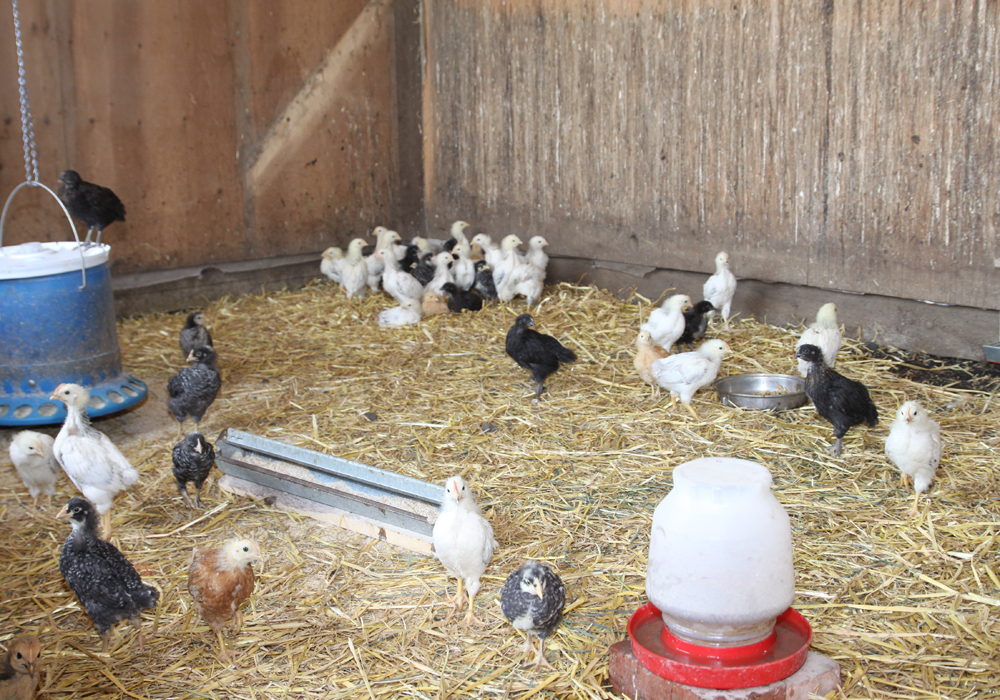Chicken and egg producers in Manitoba are concerned about a disease outbreak at a backyard chicken farm.
In late May or early June, a case of infectious laryngotracheitis (ILT) was detected on farm south of Steinbach in southeastern Manitoba.
ILT is an acute respiratory disease of chickens. It’s caused by a herpes virus that usually kills 10 to 20 percent of infected birds, but mortality can reach 70 percent in some cases.
“This is not a registered producer’s place. My understanding is this is a backyard flock,” said Wayne Hiltz, Manitoba Chicken Producers executive director.
Read Also

Farming Smarter receives financial boost from Alberta government for potato research
Farming Smarter near Lethbridge got a boost to its research equipment, thanks to the Alberta government’s increase in funding for research associations.
The ILT outbreak is at a small farm with “dozens” of birds, Hiltz added.
This case is problematic because of the location.
Southeastern Manitoba is a crucial production region for laying hens and broiler chickens in the province.
There are commercial barns five to 10 kilometres from the location of the backyard flock.
Manitoba’s Chief Veterinary Office has a couple of options to deal with the situation, including an order to euthanize the flock or a mandatory quarantine.
“It’s a highly contagious disease,” Hiltz said. “If this was a commercial flock, this flock would have been eradicated probably within 24 or 48 hours, due to the risk (to) the industry.”
In this case, after the flock tested positive for ILT, a veterinarian implemented a voluntary quarantine with the farm owner.
“Manitoba Agriculture staff attended the premises, investigated the current and ongoing risks and expanded the voluntary quarantine with a thorough disease management plan,” the province said in an email. “This plan will be the basis of a long-term quarantine, that, based on the assessment of the flock and its management, will address risks over the longer term.”
On its website, the province says it’s “not unusual to detect a couple of ILT cases per year” in Manitoba.
However, it’s been decades since ILT was found in a commercial broiler flock and years since it appeared in a commercial flock of laying hens, Hiltz said.
Birds that survive an ILT outbreak can become carriers of the disease and a future source of infection.
“ILT is spread primarily through direct contact between poultry, especially when small numbers of birds are frequently traded between flocks,” Manitoba Agriculture says on its website. “ILT can also be spread indirectly through equipment, boots, clothing, birds eating contaminated litter, transporting birds in contaminated crates and between sites by pests like rodents.”
Contact robert.arnason@producer.com


















